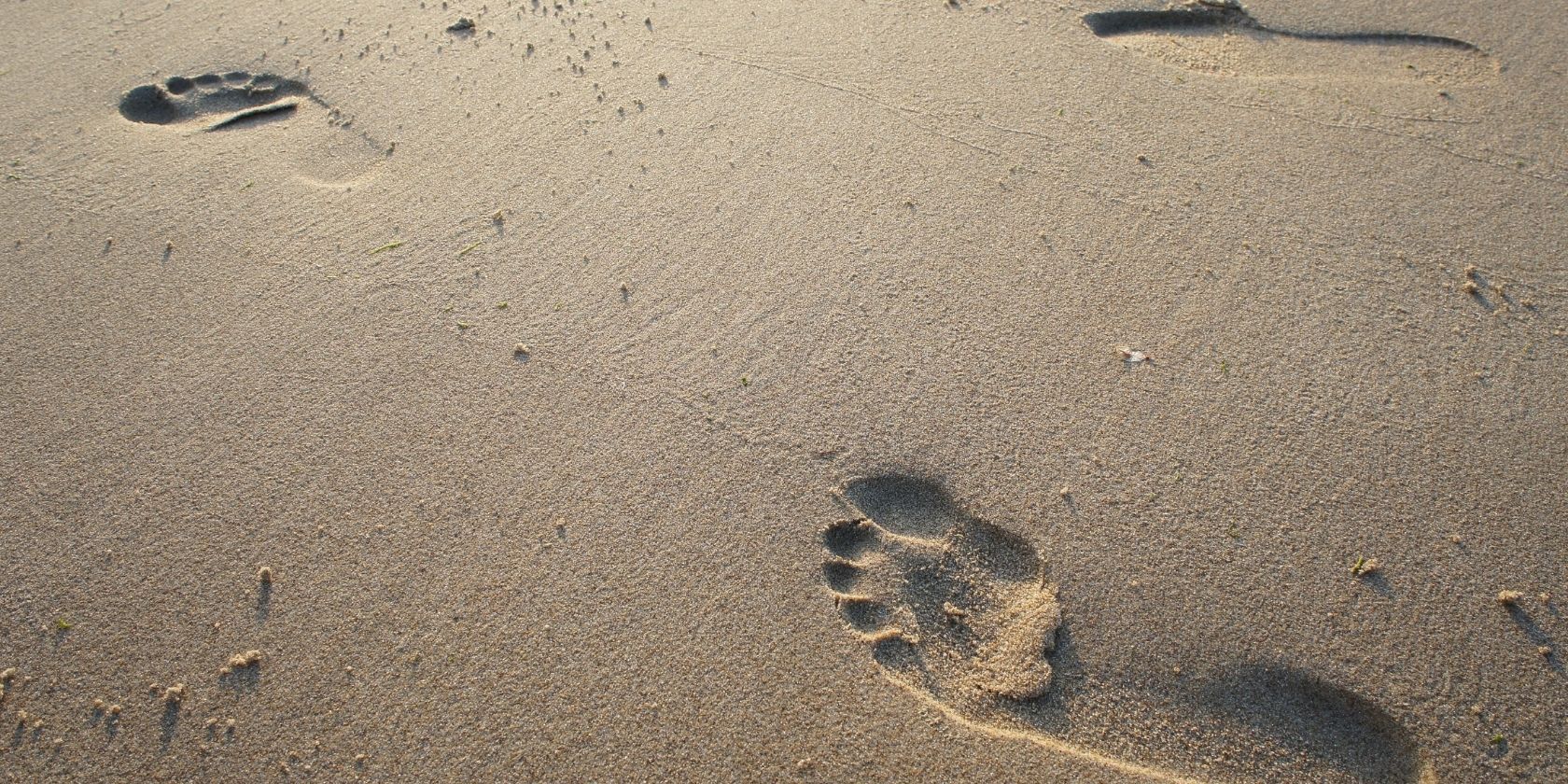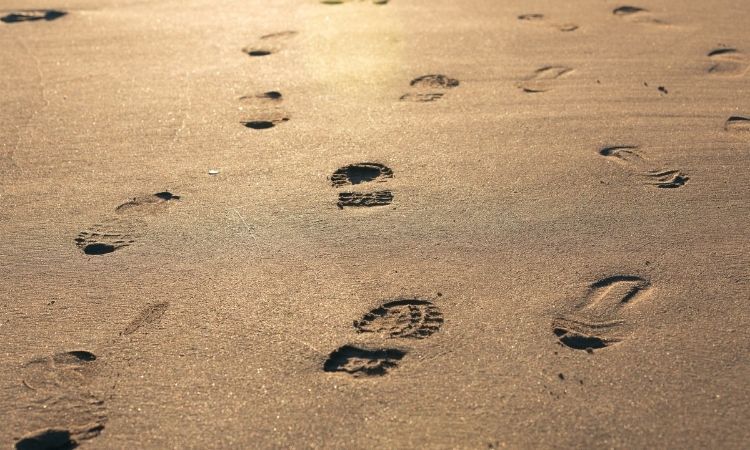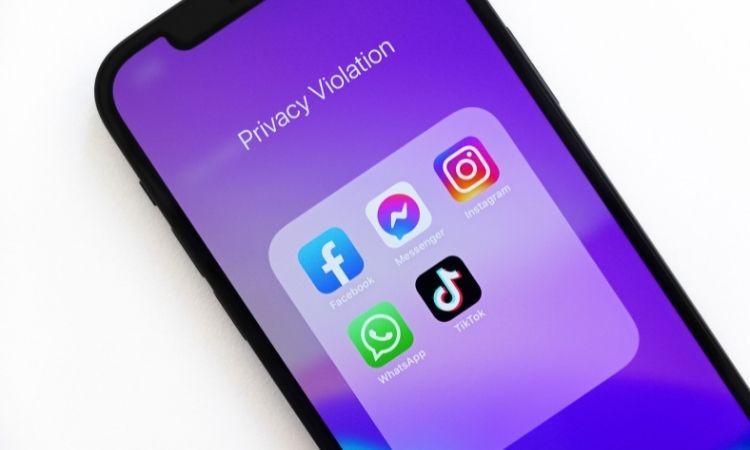The internet provides an unprecedented wealth of readily accessible information. Part of that is because every action someone makes on the web leaves a digital footprint, whether they realize it or not.
Everyone on the internet has a digital footprint that is probably much bigger than they know. These footprints can also be highly valuable to various parties, from law enforcement to marketers to cybercriminals. So what is a digital footprint? How do agencies use it? And how can you reclaim your privacy?
What Is a Digital Footprint?
A digital footprint is the trail of data a user creates when they use the internet. Every social media post, sent message, and visited website leaves a digital record that contributes to your footprint. That totals to the average person generating 1.7 megabytes of data every second.
Digital footprints come in two forms: active and passive. Active footprints include the data that come from things people intentionally share, like filling out an online form or posting on social media.
Passive footprints, in contrast, cover behind-the-scenes data collection, like when websites record how often you visit them.
Since digital footprints come from such varied places, they carry a lot of diverse information. Everything from users’ location to their purchase habits and what types of videos they like can all be in a digital footprint.
How Are Digital Footprints Used?
Considering how much you can learn from a digital footprint, it should come as no surprise that they’re highly valuable.
Brands and eCommerce stores use them to create in-depth profiles on their customers. They can then tailor their marketing campaigns to different demographics or even specific users, making their ads more effective.
Law enforcement agencies and other legal bodies also use digital footprints. Recent changes, like how the Biden Administration raised defendants’ burden of proof for the False Claims Act, make digital evidence a bigger part of the legal process. Records of how people have used the internet can help prove their innocence or guilt.
Employers are using these records more frequently too. One Career Arc study showed that 92 percent of employers use social media for recruiting. People’s online behavior can show if they fit with company values or how they get along with others, so digital footprints are a helpful hiring tool.
Unfortunately, cybercriminals can also benefit from digital footprints. Some use this information to impersonate other users, stealing their identity for financial gain. Others can do it to tailor phishing campaigns to make them seem more legitimate, making them more effective.
How to Improve Digital Footprint Privacy
Digital footprints can tell people more about others than many people realize. As a result, it’s a good idea to minimize these records for cybersecurity and general privacy reasons.
The first step to reclaiming your privacy is getting an idea of how much information is out there. Search for your name on Google to see how much you can see about yourself and whether or not it’s favorable. You can also set up a Google alert for when your name appears in new searches.
Next, adjust the privacy settings across your social media pages to restrict who can see this information. Keep in mind, though, that this isn’t a perfect measure. Even with the strictest privacy settings, you should be careful not to post too much personal information.
When using the web, use strong, varied passwords to minimize the threat of a data breach exposing your information. Deleting old accounts and posts can help as well.
Remember that all of these steps apply to apps, too, not just traditional webpages.
Minimize Your Footprint
Digital footprints can be helpful promotional, legal, and professional tools, but they also pose some risks. Understanding how much strangers can learn about you from your web activity can be an alarming wake-up call.
If you follow these steps, you can keep your digital footprint to a minimum. You’ll then be safer from data breaches and can avoid uncomfortable situations arising from old posts.




